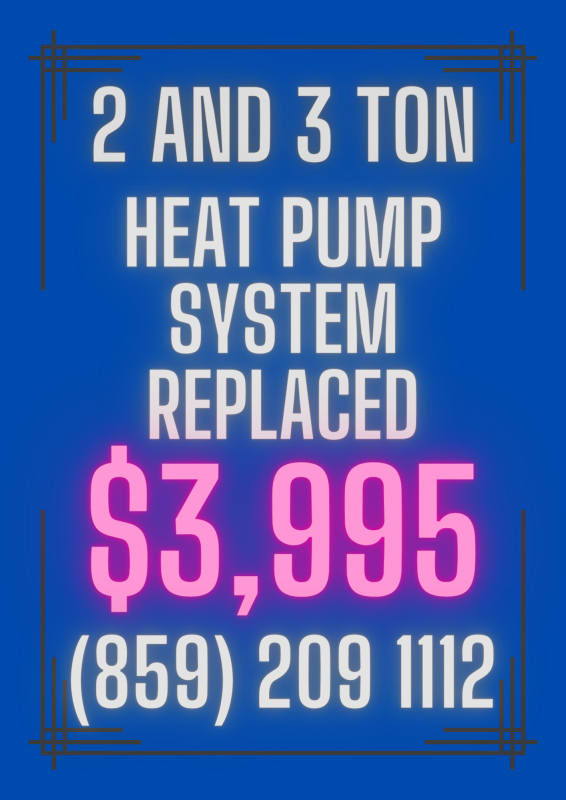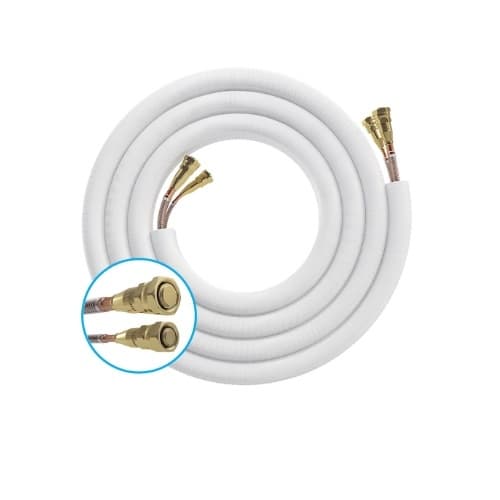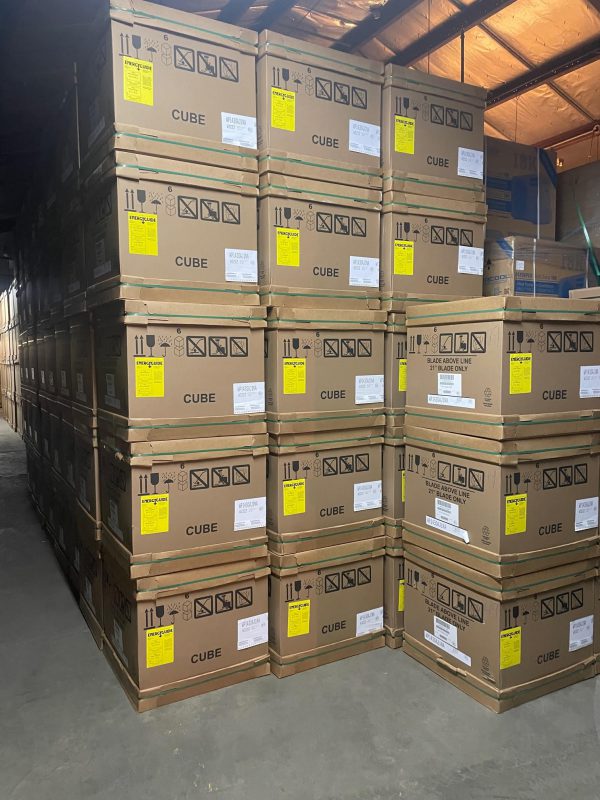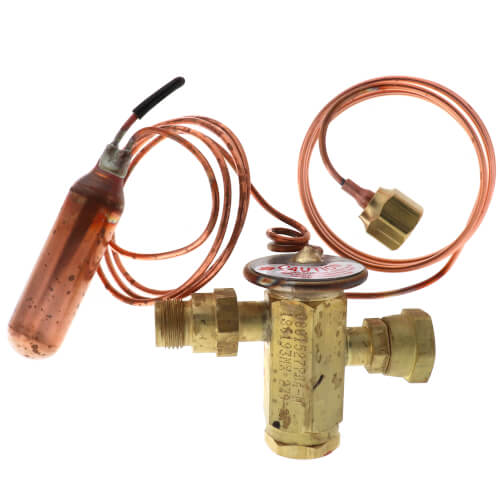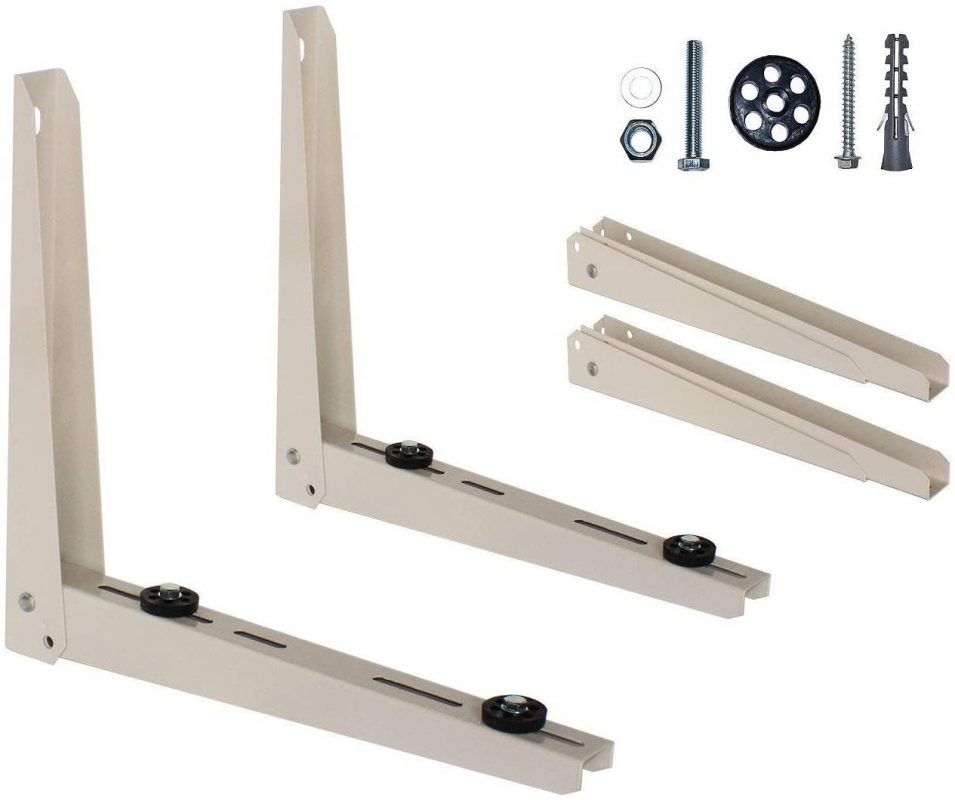The HVAC Outlet proudly offers the best rate on brand new HVAC replacements in Kentucky. The HVAC Outlet offers a 2 and 3 ton heat pump complete system replacement for $3,995 plus tax. Of course, unfortunately, a few exceptions apply. Now, with this tremendous pricing in mind, the most common question is: “What areas do […]
Category Archives: Blog
The HVAC Outlet has the best price on Mr. Cool Universal Systems in the United States! The HVAC Outlet is conventiently located in Central Kentucky, so shipping coast to coast is a breeze. The HVAC Outlet offers fast and prompt shipping; typically The HVAC Outlet’s products ship the same day as order is placed. All […]
A draft inducer is a component found in many heating systems, particularly in high-efficiency furnaces. Its primary function is to assist in the proper venting of combustion gases from the furnace to the outside atmosphere. Here’s how it works and why it’s important: Combustion Process: In a furnace, the combustion process generates hot gases as […]
A lineset in a mini-split air conditioning system plays a crucial role in transferring refrigerant between the indoor and outdoor units of the system. The lineset consists of two copper pipes that are typically insulated and bundled together. These pipes are known as the refrigerant lines. Here’s what each of the pipes in the lineset […]
A reversing valve, also known as a 4-way valve, is a component used in certain heating, ventilation, air conditioning, and refrigeration (HVAC/R) systems. Its primary function is to reverse the direction of refrigerant flow in the system, thereby allowing the system to switch between heating and cooling modes. In a typical air-source heat pump system, […]
All Rheem equipment comes equipped with a Thermostatic Expansion Valve (TXV). However, some competitor HVAC systems, such as Goodman, do not have a TXV; rather, Goodman has a piston. TXV’s can contribute to increased efficiency in an HVAC (Heating, Ventilation, and Air Conditioning) system. You can purchase a Rheem HVAC system here. Here’s how a […]
A TXV, or Thermostatic Expansion Valve, is a component commonly used in refrigeration and air conditioning systems. Its primary function is to regulate the flow of refrigerant into the evaporator coil in response to the cooling load. In a typical AC unit, there will be one of two common metering devices: piston or TXV. We […]
This is a very common question. The frequency with which you should change your air filter depends on several factors, including the type of filter you use, the indoor air quality, and the specific needs of your HVAC (heating, ventilation, and air conditioning) system. Here are some general guidelines: Standard 1- to 3-Inch Filters: Every […]
Rheem is a well-known and reputable brand in the HVAC (Heating, Ventilation, and Air Conditioning) industry. They manufacture a wide range of heating and cooling products for residential, commercial, and industrial applications. Here are some key points about Rheem HVAC systems: Product Range: Rheem offers a comprehensive range of HVAC products, including air conditioners, heat […]
Mounting brackets for mini-split HVAC systems offer several benefits: Stability and Support: Brackets provide a stable and secure platform for the outdoor condenser unit of a mini-split system. This is crucial for ensuring the unit remains level and doesn’t shift over time. Protection from Vibration: Mini-split systems can generate vibrations during operation. Mounting brackets help […]


